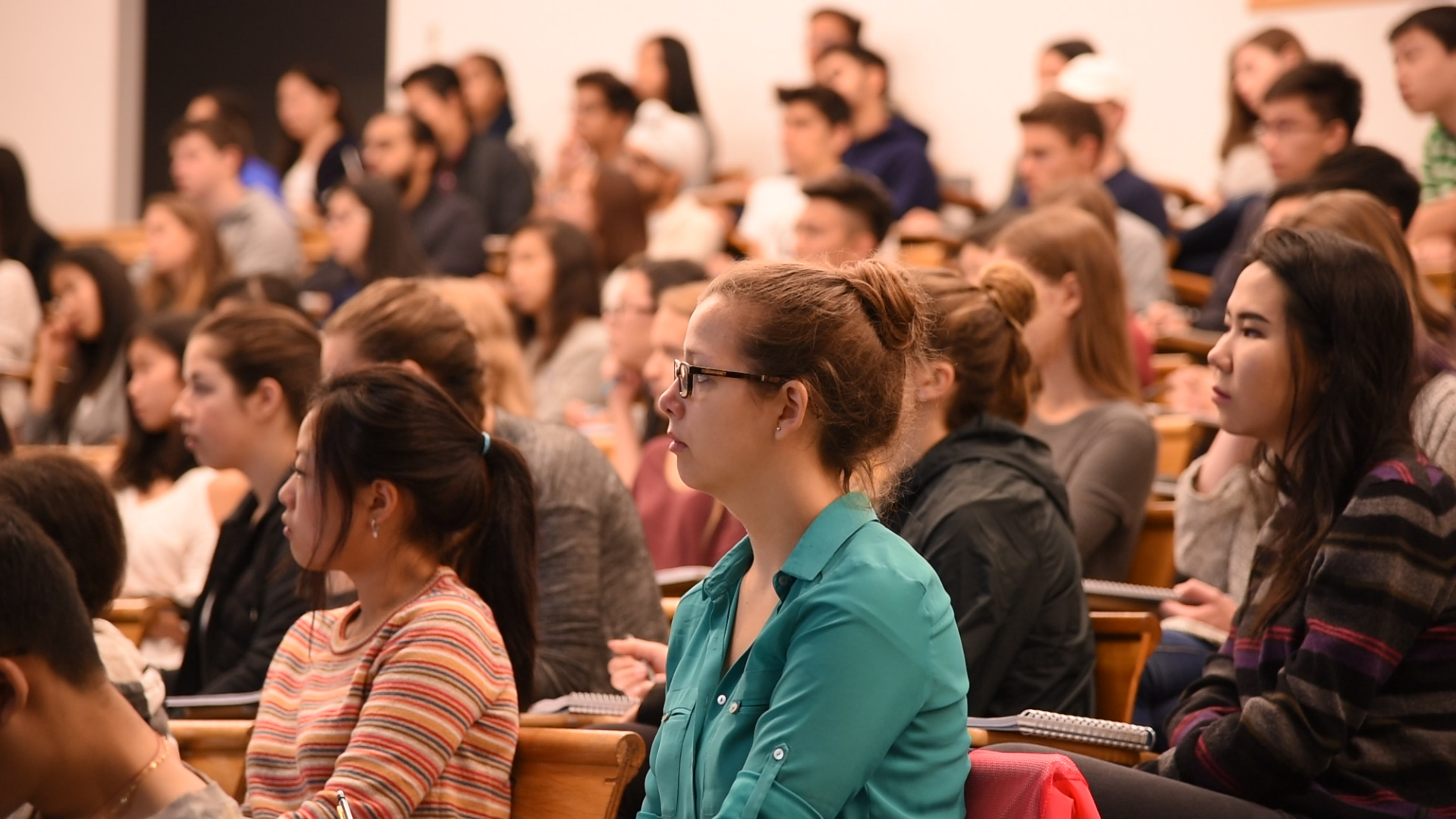Math, CS lead in adopting open education resources at UBC
January 19, 2018

January 19, 2018

While textbook spending is increasing at the University of British Columbia, the number of students enrolled in courses using open or freely available resources is also increasing. According to a new report from the UBC Centre for Teaching, Learning and Technology (CTLT), the estimated number of students impacted by so-called ‘open textbook displacements’ in academic year 2017 was 14,831, 21 percent more than in 2016.
Across the University, roughly 85 per cent of the courses using open resources are within the Faculty of Science, with instructors in the departments of Math and Computer Science leading adoption.
“The large-scale adoption of these resources is exciting, and opens up opportunities to explore their effectiveness,” says Gülnur Birol, Director of Skylight, the UBC Science Centre for Learning and Teaching. “It’s also a chance to study student perspectives on using OERs in our courses. What do students think of them? How do they engage with them?"
Since 2011, at least 155 UBC courses have been identified as having used open textbooks, open educational resources, or freely accessible resources instead of traditional textbooks. In the last six years, 47,423 UBC students were enrolled in those courses.
Many first and second-year courses within the Faculty are making use of open resources, including edX Systematic Program Design MOOG materials, OpenStax physics textbooks, APEX math textbooks, and free analytical chemistry textbooks. Many of the resources use an open license—for example, a Creative Commons license.
At UBC, student savings in academic year 2017 are estimated at $1.4 to $2.2 million, while student savings in academic year 2016 are estimated at $1.2 to $1.7 million (Fig. 2). This represents an approximate 20 to 25 percent increase in potential cost savings in the current academic year.
According to a 2017 AMS Student Experience Survey, undergraduate students at UBC Vancouver spent an average of $814 on textbooks over the previous year, which is approximately 30 percent more than what they reported spending in 2016. Additionally, 93 percent of students reported buying a textbook and never using it, while 43 percent said they often or frequently go without textbooks or resources due to cost.
We honour xwməθkwəy̓ əm (Musqueam) on whose ancestral, unceded territory UBC Vancouver is situated. UBC Science is committed to building meaningful relationships with Indigenous peoples so we can advance Reconciliation and ensure traditional ways of knowing enrich our teaching and research.
Learn more: Musqueam First Nation